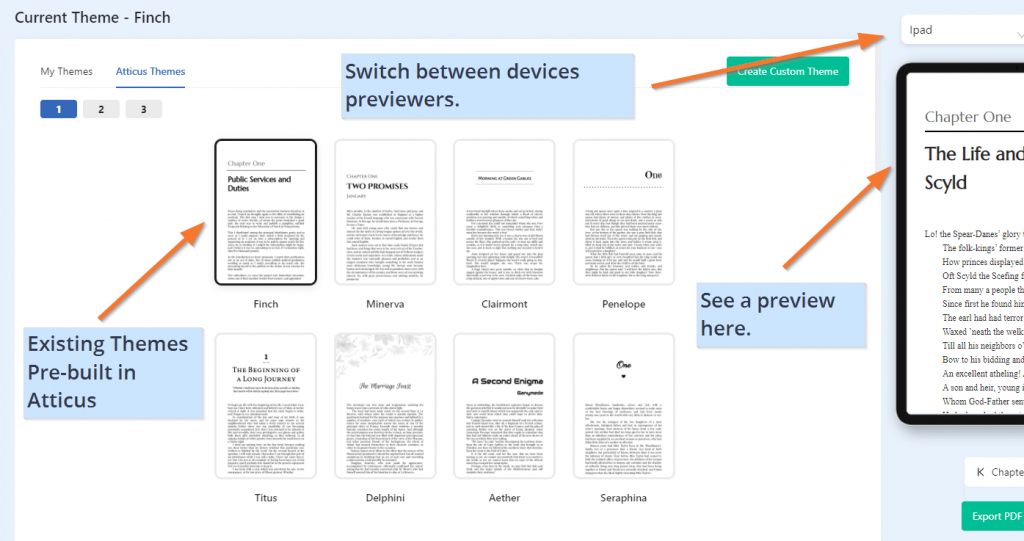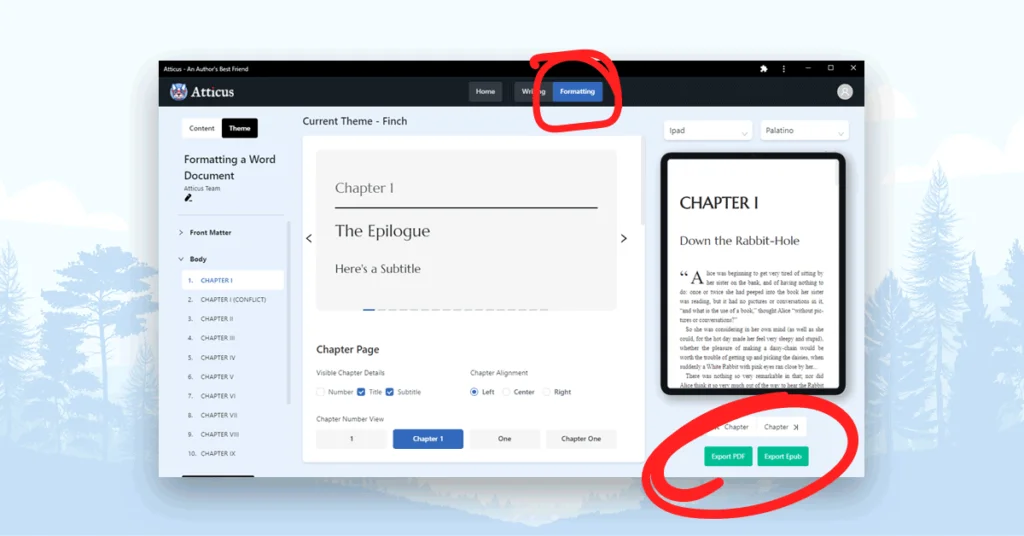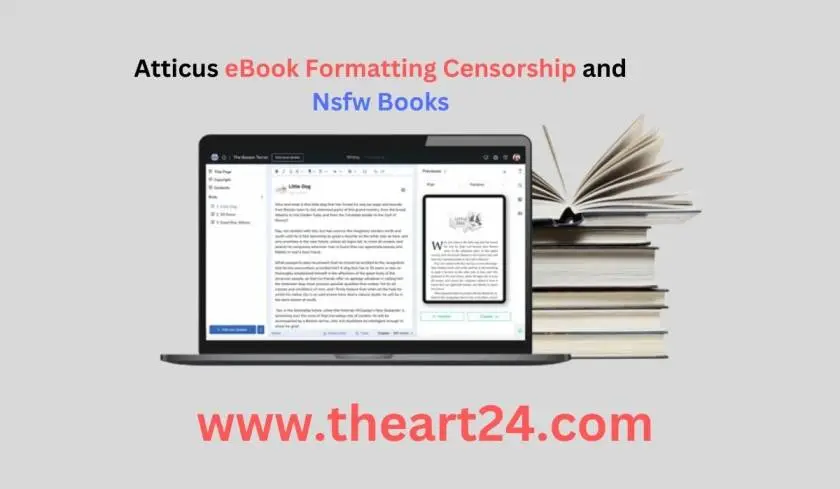Atticus eBook formatting censorship and nsfw books. In today’s quickly expanding digital market, authors primarily rely on ebook formatting tools like Atticus to ease their publishing process. However, an increasing fear among writers is the possibility for Atticus eBook formatting censorship and nsfw books.
Who may greatly impact their creative liberty and ability to reach their audience. This sort of censorship can take numerous shapes, from content restrictions imposed by the platform to constraints on the types of items that can be produced or published. As authors navigate the complex world of digital publishing, recognizing the implications of this control is vital.

Atticus eBook formatting censorship and nsfw books obstacles that go beyond just technological difficulties. For many writers, their work is an extension of their identity, and any constraints can feel like a direct attack on their voice and vision.
The ability to present one’s thoughts without fear of restriction is crucial to artistic expression. Authors must contend with how these limits may affect not only their personal projects but also the greater literary world, which thrives on diversity and authenticity.
Read Also: Troubleshooting Atticus eBook Formatter White Screen Issues
In this essay, we will investigate the multidimensional impact of Atticus ebook formatting regulation on authors, evaluating its consequences on creative expression, marketability, and the whole publishing experience. By throwing light on these concerns, we seek to empower authors to make educated decisions and campaign for their rights in the ever-changing field of digital publishing.
Understanding Atticus Ebook Formatting Censorship
Atticus eBook formatting censorship and nsfw books can emerge in numerous ways. First of all, it comprises constraints that may limit the content authors can add in their ebooks. This might entail algorithms that identify particular words or phrases judged unsuitable or useless.

To know resulting in alterations or full deletions from the final product. Such censoring might be particularly troublesome for genres that touch contentious issues or question cultural standards. Authors may find oneself needing to adapt their messages to fit within the constraints provided by the software, contradicting their original aim.
Moreover, censorship can go beyond particular works. Because formatting tools like Atticus impose greater content recommendations, they accidentally affect the literary environment.
These guidelines may lead to a homogeneity of tales, discouraging varied voices and views from entering the market. As a result, users are deprived of a diverse diversity of stories and opinions, while authors may feel pushed to comply to the established norms imposed by the platform.
The Consequences for Creative Freedom
Another of the most notable repercussions of Atticus eBook formatting censorship and nsfw books is its harm on individual freedom. Writers typically pour their hearts and souls into their work, constructing stories that reflect their unique experiences and opinions.
When challenged with censorship, people may feel driven to self-censor, adjusting their narratives to conform with the platform’s restrictions. This censorship on the not only hinders creativity but can also lead to dissatisfaction and disillusionment with the publication process.
For most authors, the act of writing is intensely personal and acts as a form of self-expression. When external influences limit what may or cannot be included in their work.
It produces a sense of confinement that can be damaging to their artistic vision. The concern of censorship may also dissuade authors from exploring particular ideas or topics completely, leading to a less broad choice of literature available to readers.
Navigating the Challenges
To reduce the risks related with Atticus eBook formatting censorship, contributors must be vigilant in learning the requirements set forth by the platform.
Introducing themselves with the precise limits can permit them to make knowledgeable decisions about their material. In addition, authors can benefit from researching alternate formatting solutions that encourage creative freedom and allow greater flexibility in content inclusion.
Partnership with fellow writers and building supporting networks can also assist authors handle the hurdles faced by censorship. By connecting stories and strategies, writers may jointly lobby for more inclusive regulations within ebook formatting platforms, building an environment that supports different storytelling.
It the end, the environment of publishing it oneself is fast shifting, and tools like Atticus play a critical role in defining how authors offer their work to the public.
However, the prevalence of Atticus eBook formatting censorship control creates substantial obstacles that can damage intellectual freedom and the diversity of narratives in the literary marketplace. By grasping the ramifications of censorship, authors may better manage the difficulties of ebook formatting and publishing.
As the conversation about content constraints continues, it is crucial for authors to speak for their rights and push back on restraints that suppress their voices.
The strength of narrative resides in its ability to challenge, inspire, and stir thought, and authors must be cautious in defending their creative freedoms. By doing so, individuals may ensure that their distinctive viewpoints and stories continue to enhance the literary world for years to come.
FAQ's - Atticus eBook Formatting Censorship
Is Atticus good for formatting?
I can certainly tell that Atticus is the best formatting software, since we've done a side-by-side comparison on the main alternative, and Atticus just has more capabilities. Plain and simple. Additionally, it's turning up to be a strong writing software as well, and we're working on cooperation.
Is Atticus compatible with KDP?
I've used Atticus for formatting, and I found it fairly user-friendly, especially if you've dealt with KDP before. It streamlines the procedure with its easy UI and offers good support for numerous formats.
Which format is better for an eBook?
The Ibooks format is the most generally recognized e-book format, accessible by most e-book reader except Samsung Kindle devices. Most e-book players also allow the PDF and plain text formats. E-book technology can be used to transfer e-books from one form to another, as well as to produce, edit and publish e-books.
Can you write your book in Atticus?
As I said, Atticus is a formatting tool, but it's much more than that. You may literally write your whole work in Atticus from start to end. It's not the most extensive writing app in the the globe, but it gets the job done.







